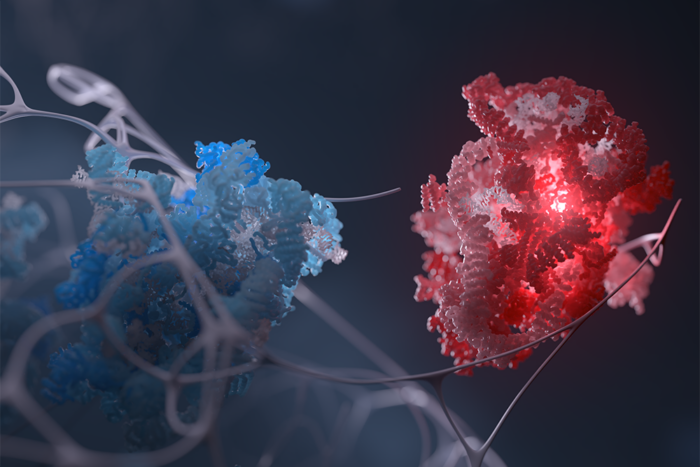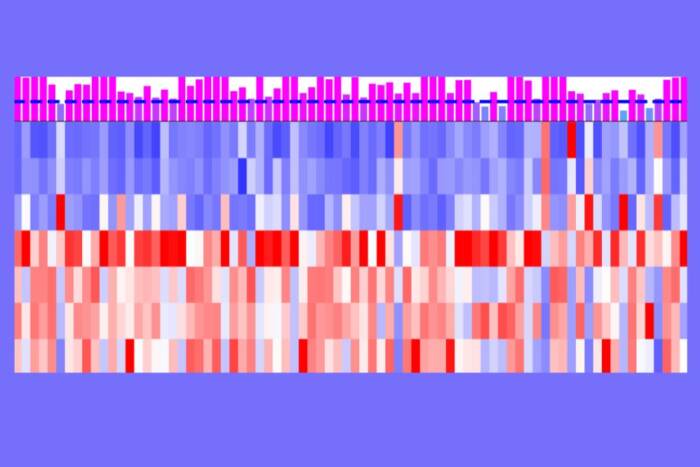Protecting the brain from overactivity
Alzheimer’s disease, depression and epilepsy all share a problem with a single brain chemical: glutamate. A neurotransmitter, glutamate is critical to the process by which individual brain cells send messages to one another and it plays a key role in learning and memory.
 (opens in new window)
(opens in new window)
In the memory center of the brain, called the hippocampus, estrogen helps prevent nerve cells from being damaged by overstimulation. New research from Bruce McEwen’s laboratory links estrogen to a protein called neuropeptide Y (stained black), suggesting a new pathway by which neurons are protected.
Under normal conditions, glutamate keeps the brain humming. But if the glutamate signaling process doesn’t shut off at the appropriate time, neurons in the brain become overstimulated and damaged, leading to the development of brain diseases. New research by Rockefeller University’s Bruce McEwen explores how the brain uses a specific protein, neuropeptide Y, to protect itself from glutamate damage.
One area of the brain that is particularly sensitive to glutamate is the memory center, called the hippocampus. Nozomu H. Nakamura, a postdoc in McEwen’s lab, focused on one type of cell, called interneurons, within the hippocampus. These neurons are regulated by estrogen, which scientists know has protective effects on the brain. They wanted to know how estrogen affected the interneurons and how it could protect them from excessive glutamate.
Looking specifically at interneurons that express the estrogen receptor, they found that neuropeptide Y, already known to regulate glutamate signaling, was present in many of the cells with an estrogen receptor.
When Nakamura gave estrogen to female rats lacking their ovaries, he saw that more cells in the hippocampus began to make neuropeptide Y, and the cells that already made it made more. Alternatively, when he blocked estrogen signaling, he could also block the increase in neuropeptide Y, showing that neuropeptide Y is controlled by estrogen.
“Neuropeptide Y may help restrain the over-activity of the glutamatergic system, which can cause seizures and stroke,” says McEwen, the Alfred E. Mirsky Professor and head of the Harold and Margaret Milliken Hatch Laboratory of Neuroendocrinology. “Regulation of neuropeptide Y might be one way estrogen protects the brain from damage and over-excitation, and understanding how those pathways work could lead to therapeutic strategies.”
Neuroscience 136(1): 357-369 (2005)(opens in new window)


